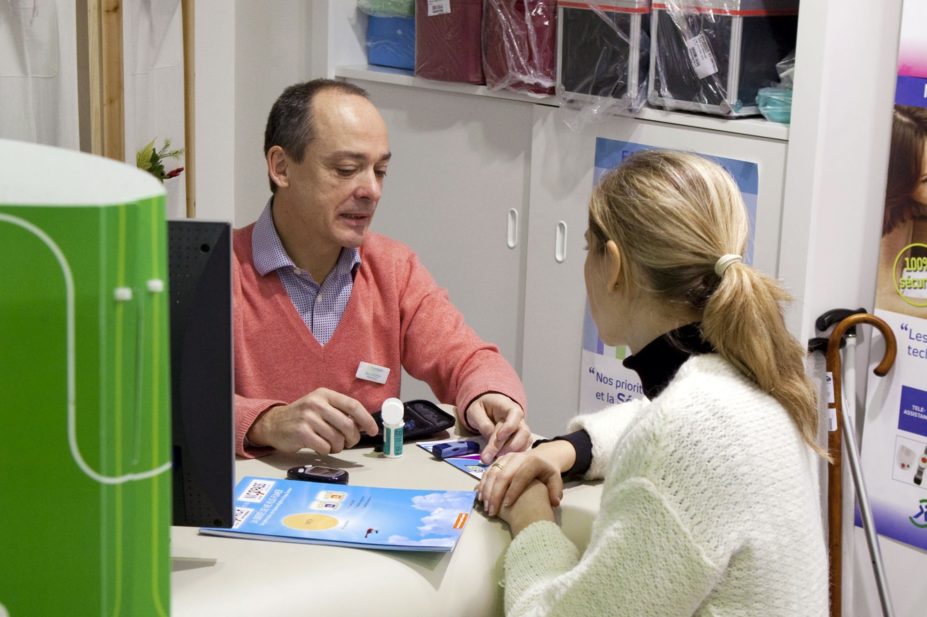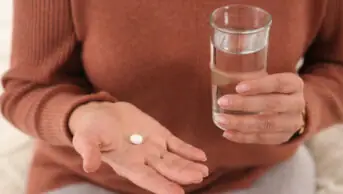
B. Boissonnet / BSIP / Science Photo Library
Patients with atrial fibrillation (AF) report several negative experiences associated with changes to their anticoagulation therapy — something that shared decision-making and patient education could help to address, research published in Research in Social and Administrative Pharmacy (16 January 2020) has suggested[1]
.
A team of researchers from the University of British Columbia in Vancouver, Canada, analysed interview notes taken as part of a longitudinal study that enrolled 388 patients with AF. Telephone interviews were conducted every three months for two years.
The researchers focused on the 56 patients who underwent a change in anticoagulant therapy (either a switch or discontinuation). They observed that patients had limited knowledge about their anticoagulant therapy and an overall negative attitude towards taking medicines.
Patients also reported adherence issues after switching from once-daily to twice-daily medication, as well as feelings of being excluded from the decision-making process and unsupported after changes were made. The researchers determined that these experiences seemed to affect patients’ adherence to their anticoagulant therapy, as well as their perception of the care provider and healthcare system.
“Improved shared decision-making and patient counselling may result in higher therapy satisfaction, improved adherence and, in turn, fewer strokes and bleeding events,” the researchers concluded.
References
[1] Salmasi S, Kapanen AI, Kwan L et al. Atrial fibrillation patients’ experiences and perspectives of anticoagulation therapy changes. Res Social Adm Pharm 2020. doi: 10.1016/j.sapharm.2020.01.004
You may also be interested in

New class of anticoagulant found to ‘overwhelmingly’ reduce bleeding events in patients with atrial fibrillation

Nearly 92% of atrial fibrillation patients in England anticoagulated, says NHS adviser
